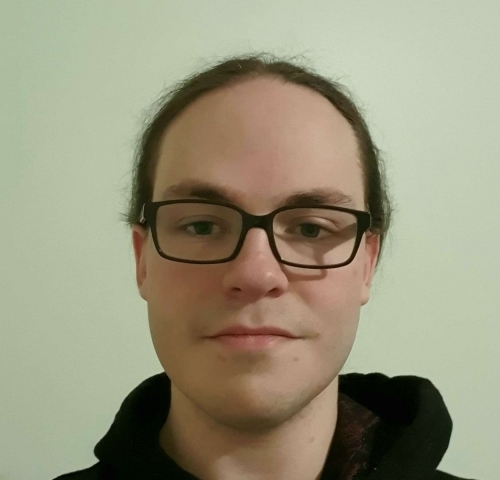
Tim Fielden Hosking
Monash University
I am a mathematics student who recently completed a Bachelor of Science. I am most interested in utilizing the abstract tools from pure mathematics in the physical sciences, such as Gravitation, High-Energy Particle Physics, and Cosmology. The unit that I took at this summer school was General Relativity.
1. Can you give me a quick rundown about the type of mathematics you are studying and its potential impacts for the broader community
I am interested in the interplay between the pure and applied sides of the mathematical sciences. For now, this mostly means that I like to look into how physicists have made use of results within pure domains such as differential geometry and algebraic topology, and also the way in which their endeavours, in turn, tend to lead much of the mathematical zeitgeist. This dance has been going on for centuries and it has culminated in the leading physical theories of our time. As such I would like to see as much of both sides of the pure-applied mathematical coin as is possible.a
2. How did you get into mathematics/statistics/data science? Was there someone or something that inspired you to this field?
Though I always had an affinity for logic puzzles and the like, I ultimately ended up pursuing mathematics as a means to better understand higher levels of theoretical physics. It became clear at some point that because so many different things use the same mathematics, it would be prudent to learn more of the mathematics itself and then return to the applications down the line.
3. You received a Travel Grant to attend AMSI Summer School 2024. How important was this in terms of your ability to attend, fully participate in the program, and meet others studying in similar fields? Do you think it was an advantage to attend the program in-person?
It has been made very apparent to me throughout the lockdown period of COVID-19 that I am not well-suited to online classwork. Given that I would not have been able to afford to attend in-person had I not received the Travel Grant, I would say that it was absolutely vital to my enjoyment of the program.
4. What was the most valuable part of the program for you?
It is quite difficult to rank anything in particular as the *most* important. Academically speaking, I was exposed to a great deal of compelling mathematics that I would not have necessarily seen at my home university. Socially speaking, I felt that quite a large portion of the group of attendees became fairly close over the course of the month. Everyone was very welcoming and it quickly became a comfortable, homely environment that was tough to say goodbye to at the end of the month.
5. In the long-term, what do you think are the benefits of having attended the Summer School?
The greatest benefits are the friendships I made over the course of the month and the growth that said friends encouraged in me. Naturally the content that I learned in my classes was also a great boon but it pales in comparison to the social gains.
6. Summer School included a special Careers Day program which aims to help give students an idea of the kinds of career paths available to maths graduates in industry and private sector research areas. Do you feel better equipped to explore career options in the mathematical sciences after attending AMSI Summer School?
There was a wide variety of career paths on display at the Careers Day, many of which I had not considered prior to attending. I certainly have a clearer perspective on how much choice there is in the private sector having now heard all of the speakers.
7. What advice would you give to someone who is considering applying for Summer School in 2025? Should they apply and why?
Attending the summer school in-person was probably the most enjoyable experience of my undergraduate education. It was a constant source of inspiration and motivation and I grew a lot because of it. To answer the question “Should they apply and why?” I would simply say that I would attend again in a heartbeat if given the opportunity.
8. What are your current career ambitions in the mathematical sciences sector?
I am presently in the process of sorting out exactly this. I am strongly drawn to the pursuit of a PhD in mathematics or possibly in physics, but for now I’m taking my time to carefully think through my options.
